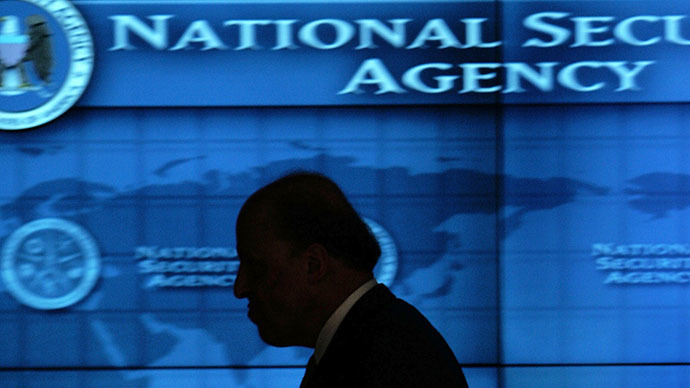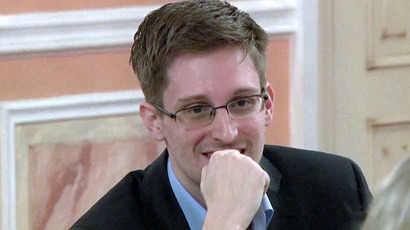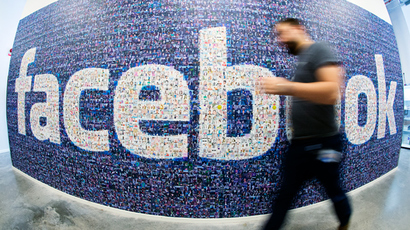White House panel: Little to no indication mass NSA surveillance thwarts terrorism

At least one member of the White house panel charged with reviewing the NSA policies unveiled by Edward Snowden admitted he was surprised to learn that there is no evidence the massive collection of phone records has stopped any terrorist attacks.
Geoffrey Stone, a University of Chicago law professor, told NBC he was “absolutely” shocked when the review panel’s findings turned up little to no indication that terrorist activity had been identified by the controversial National Security Agency practiced.
“It was, ‘Huh, hello? What are we doing here?’” he said. “The results were very thin.”
The NSA program was one of the first Snowden leaks to be made public in The Guardian and The Washington Post earlier this year. It was revealed that the agency does not listen in on telephone conversations in the US, but does compel major telecommunication companies like Verizon and AT&T to turn over the records – including the time and length of the call as well as the numbers dialed - belonging to millions of Americans.
Stone was among the five members of the White House review panel who were handpicked by the Obama administration to consider if major changes should be enacted to the NSA programs. The group began work on August 27 and has since met with executives from Google and Facebook, as well as lawyers from the American Civil Liberties Union and even the chief judge of the FISA court.
The panel recommended this week that the massive collection of phone records be stopped immediately to protect Americans’ privacy. They issued this recommendation upon finding that it was “not essential in preventing attacks.”
That assertion blatantly contradicts statements made by President Obama and intelligence leaders for over six months.
“Lives have been saved,” Obama told reporters when the Snowden leak was first reported. “We know of at least 50 threats that have been averted because of this information.”
Yet Stone spared no sympathy for Snowden, saying that the former NSA contractor was wrong to release so much information regarding national security.
“My empathetic view is that a person who has access to classified information – the revelation of which could damage national security – should never take it upon himself to reveal that information,” he said.
Admitting he was using a “somewhat inflammatory” example, Stone compared Snowden’s actions to a crazed gun control advocate.
“Suppose someone decides we need gun control and they go out and kill 15 kids and then a state enacts gun control?” he said, decrying the whistleblower for putting the nation “at risk.”
This week’s recommendation quietly noted that the phone collection program, which uses Section 215 of the Patriot Act as legal justification, has “only made a modest contribution to the nation’s security.” It went on to note that “there has been no instance in which NSA could say with confidence that the outcome [of a terror investigation would have been any different” without section 215, as quoted by NBC.
It also proposed applying oversight to the US’ surveillance on targets outside the country, and increasing internal security in an attempt to stop future leaks. These points came as somewhat of a surprise to some pundits, who dismissed the White House panel as a political ploy that would have no real impact on the security vs. privacy discussion.
“That was stunning. That was the ballgame,” one congressional intelligence official told NBC. “It flies in the face of everything they have tossed at us.”
The President is expected to address the recommendation, and possibly enact some of the proposed changes, sometime in January.
“The message to the NSA is now coming from every branch of government and from every corner of our nation: You have gone too far. The bulk collection of Americans’ data by the US government must end,” Senator Patrick Leahy (D-Vt.), chairman of the Senate Judiciary Committee, told reporters Friday. “This momentous report from the President’s closest advisers is a vindication of the efforts of a bipartisan group of legislators that has been working for years to protect Americans’ privacy by reining in these intelligence authorities.”














